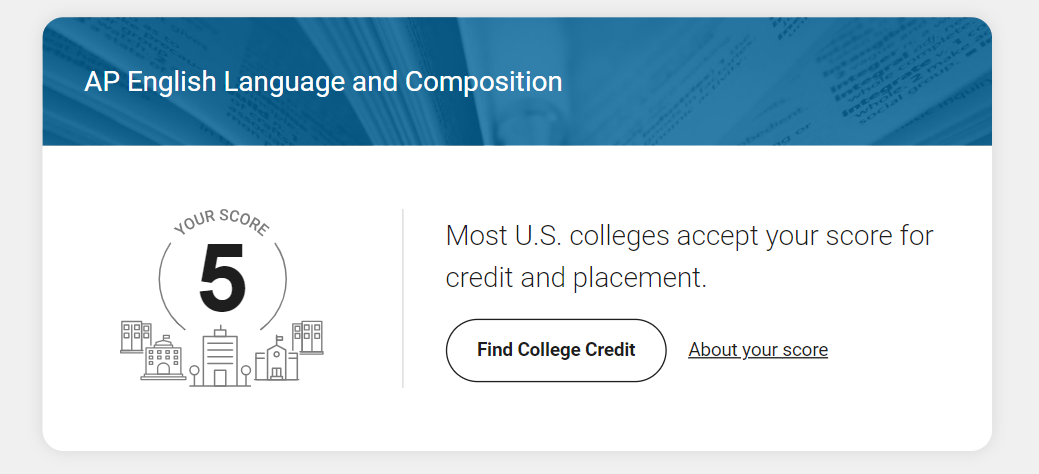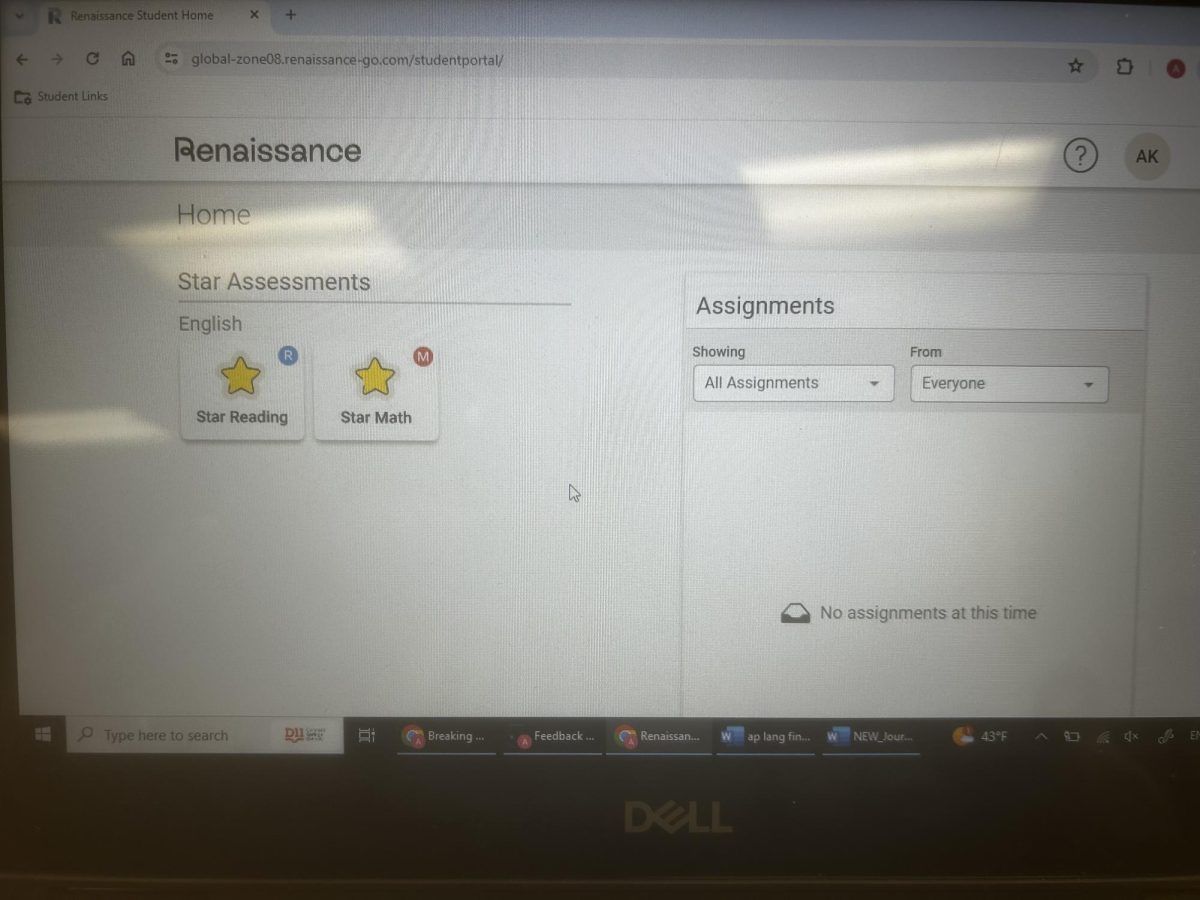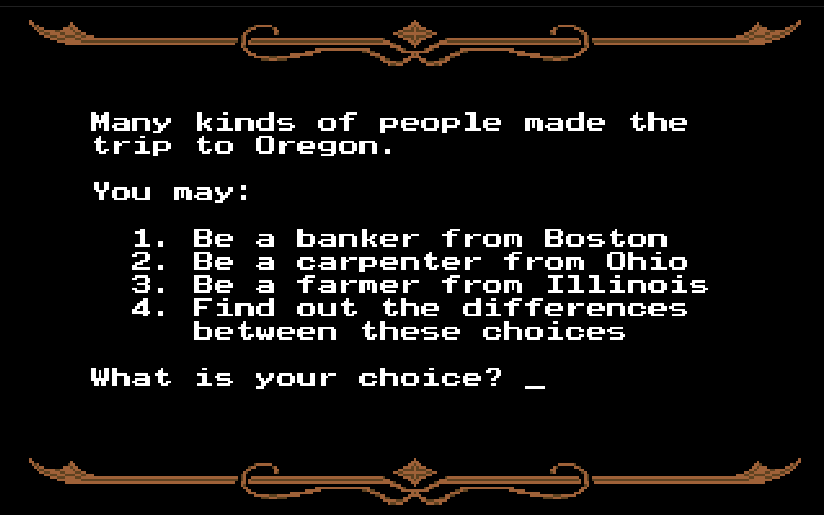As far as most would be concerned, I am one of many Coronado seniors who has “beaten” AP. I’ve taken my fair share of courses, received my fair share of stellar grades, and earned my fair share of desperately needed college credits. I write this not to prove my academic worthiness or to preach my very own gospel of some kind of inborn genius, but to establish that I know AP – and by extension College Board – intimately, and I want to see it burn.
Don’t get me wrong, I am incredibly grateful to attend a high school where I can complete college level coursework, and my AP tests are paid for, but, after consulting Coronado’s AP students, I believe that there has to be a better way. More specifically, I believe the future of high school education must continue without College Board.
College Board announced AP in 1952 to provide bright high school students with more challenging courses. Amid fears that young Soviets would surpass American students in intelligence, AP’s popularity soared. AP exams cost ten dollars – or about 113 dollars today – and students received a score between one and five. Since then, College Board’s strangle hold on high level classes has only strengthened.
As of 2017, 70% of U.S. high schools offered AP classes, and in 2023, 5.2 million students took AP exams. Yet, based on College Board’s own data, only 21.7% of the class of 2023 earned a qualifying score of a three or higher on at least one AP exam. Assuming that every 2023 high school graduate who didn’t pass an exam took only one and paid the standard fee of $98, College Board would have raked in over 43 million dollars in revenue, and the students they profited off of would have earned nothing.
The reality that nationally, a student’s credit for an AP course is entirely dependent on a single day is not only absolutely laughable, but hinders classroom learning, placing an inordinate amount of pressure on young high achievers.
One of many seniors who have taken 8 or more AP classes, Eliana Bertman, Class of 2024, testified that she appreciated the opportunity to earn college credit, “but for the most part the highly structured curriculum seems designed more to take a test than actually learn anything about the given subject.” In fact, many students expressed dissatisfaction with the AP test, agreeing that its presence loomed over the entirety of their learning in class.
Cooper Vaida, Class of 2024, another advanced Coronado senior, feels that AP classes, “encourage students not to actually learn the material but to learn how to pass the AP test,” causing the class itself to be less valuable in terms of meaningful growth. Virginia Varbel, Class of 2026, an AP U.S. History student, suffers from a “constant fear of the big exam at the end of the year.”
And Virginia is not alone. A study conducted by Jessica Rindels, a student at the University of Iowa majoring in economics, found that suicide rates among 15-18 year olds grew with increased AP test availability and colleges receiving said test scores. Nearly 60% of Coronado’s AP students agreed that they based their self-worth on academic performance, putting them at a higher risk for suicide if they deem their test results subpar.
Worse yet, many districts can’t afford to cover the cost of their student’s exams, and families are forced to pay upwards of one hundred dollars per test out of their own pockets. But as long as tests are taken, College Board will continue to profit. Thus, the company has an incentive for students to do poorly, as they will have to retake the test for any of their hard work to be worthwhile.
AP students can’t just forgo the test either. According to my own research, 84% of Coronado students take AP classes to earn college credit, and if they want to be sure their credits will transfer nationally, they must obtain a qualifying score of a three or higher on their respective exams.
Sure, some may argue that AP participants knew what they were signing up for and must act accordingly, but, as AP classes have become standard for college applicants, they didn’t have much of a choice. A Coronado senior currently taking five AP classes, Anna Cook, Class of 2024, says that “the majority of students in [AP classes] are using them as boosters for their college applications,” and affirms that some students aren’t interested in their own courses at all.
I am inflexible in my belief that learning should be enjoyable, and the fact that College Board has drained young scholars of their desire to know more about their world is incredibly sad. On average, most Coronado students who have taken AP classes agree that they have experienced burnout, so they become too tired to learn, too busy to connect, and too distracted to wonder whether there might be a better way to do things, all for the sake of a corporation that simply does not care.
Students should be able to receive an education without experiencing the intense pressure of AP, which often proves enough to drive one crazy. But, as corporate growth is valued more highly than student wellness, nothing is likely to change.
According to Propublica data, College Board CEO, David Coleman, earned over 2.5 million dollars in 2022. The company also provided first class or charter travel to executives, eight of whom earn over five hundred thousand dollars a year. Nearly 90% of all College Board revenue – which in 2022 amounted to over one billion dollars – was gleaned from “program services” or more specifically, AP tests and materials.
In 2023, the corporation, which since its inception has been designated a nonprofit, received 90 million dollars from taxpayers to cover the exam fees of primarily low-income students, resulting in a record number of low-income exam takers, yet 60% of these students failed, earning only a one or a two, demonstrating College Board’s failure to adequately support underrepresented groups.
As of Anne Kim’s 2021 article titled “AP’s Equity Face Plant,” 40% of high schools “where more than 75 percent of students qualify for free or reduced-price lunch” had no AP at all, and of those that did, most offered fewer than ten courses. Not only are these students less likely to take AP courses simply because of availability, but are also less likely to attend college, and have less choice when it comes to universities, as admissions officers often use AP as a determining factor for potential candidates.
Unsurprisingly, College Board CEO, David Coleman, continues to defend the program, asking, “what if the best stuff in education were not just for the best to distinguish themselves — but could engage a much broader set of kids?” While the assertion that AP classes are “the best stuff in education,” is bold to say the least, AP, by design, just doesn’t work for most.
David Dudley, head of the AP program in 1958 stated that “the basic philosophy of the Advanced Placement Program is simply that all students are not created equal,” which seemingly reflects the modern attitude of College Board, as Black and Hispanic students still have significantly lower rates of passing AP exams than White students.
If College Board took a test on equity, they would earn a measly one out of five. We all deserve another choice, and luckily, we have one.
At Coronado, most AP classes also offer dual enrollment credits, college credits obtainable through local universities, so if students choose to attend college in-state, they can receive credit for their work regardless of their exam score. But dual enrollment is not yet nationally recognized, and most high schools don’t offer many courses.
Regardless, for most, dual enrollment is the best option when it comes to getting a head start in high school, eliminating the pressure of the AP test and creating more opportunities for all students to succeed. A study conducted by the University of Texas concluded that there are now more Hispanic students participating in dual enrollment than white students, while the opposite is true for AP.
But, until AP becomes completely irrelevant, its academic inequity will persist. So, until then, we owe it to ourselves to try to succeed, not through our test scores, but through the pursuit of true satisfaction. “There are many life lessons to be learned from this experience,” wrote Jacob Wade, Coronado’s AP Physics C teacher, “if you teach the physics for the sake of the physics, then the test scores should work themselves out anyway.”
David Coleman may applaud our failures, he may attempt to keep us complacent, he may even sit in a dark tower somewhere to plot his evil schemes. His wicked cauldron bubbles with the pungent scent of stolen opportunity; its fumes corrupting all that are forced upon them. Yet, he knows that one day, we will tire of his false promises of equality, and the precious exams that define his legacy will be left forgotten. One day, the best of education will exist for all students, and we will reach the summit of academic success atop the ruins of College Board’s collapsed empire. And when that day comes, College Board can rest peacefully, for their most selfless act will be their demise.

















![Two US warships sail back to port for supplies in the eastern Mediterranean. [7]](https://cougardaily.org/wp-content/uploads/2024/02/Picture3.jpg)
